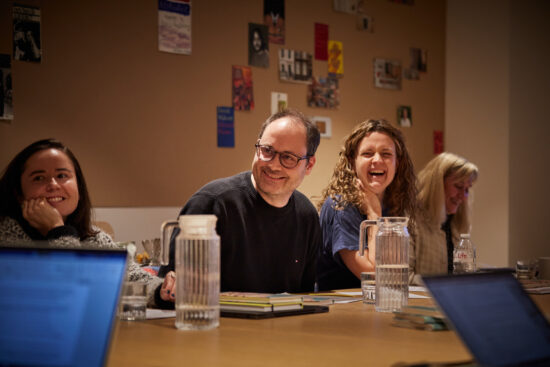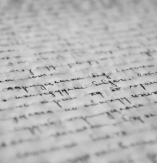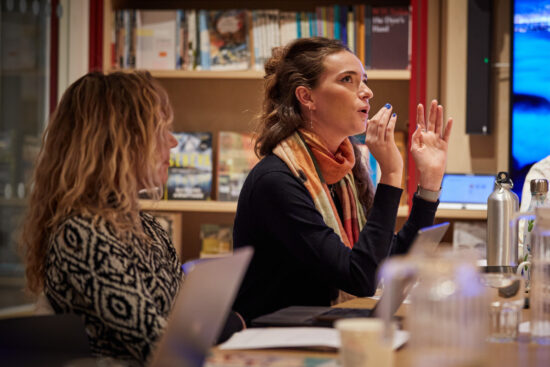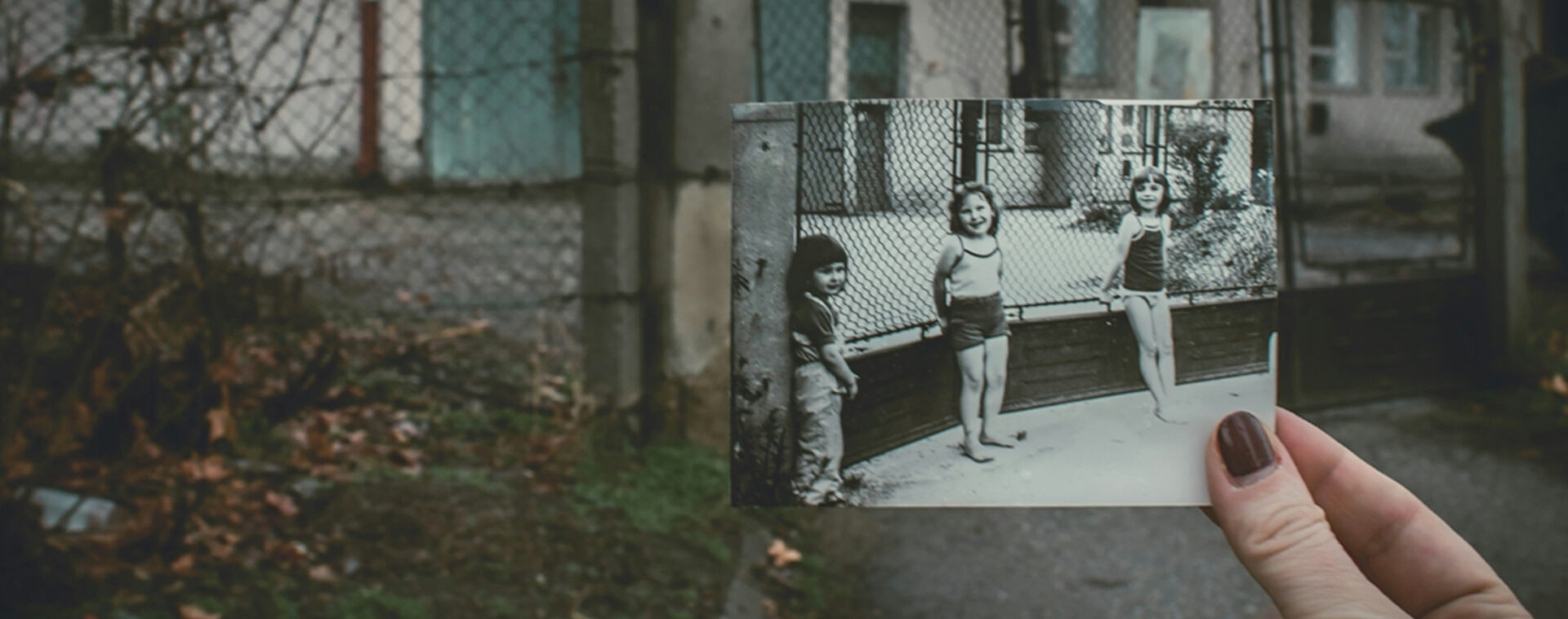


Memoir, Memory & Getting Started
4 minutes read
Margie Orford, tutor on Faber Academy’s Writing Memoir course, shares two writing prompts for those starting their memoir journey.
What is it that brings one to sit down to write, to shape, to make sense of one’s life, or a life-changing experience, by writing a memoir – that most complex of siftings through memory and experience, knowledge and uncertainty?
Writing a memoir requires courage and generosity – courage to venture into the unknown and generosity because the memoirist offers an invitation to one’s reader to enter into one’s heart, one’s mind, one’s body, and one’s self. It is an invitation to the reader – and one is always one’s first reader – to accompany you, the writer, into new and intimately rendered terrain. So its brave and it is exacting – especially as much of what we work with is memory – that most shifting, tricky, changeable and doubt-ridden of terrains.
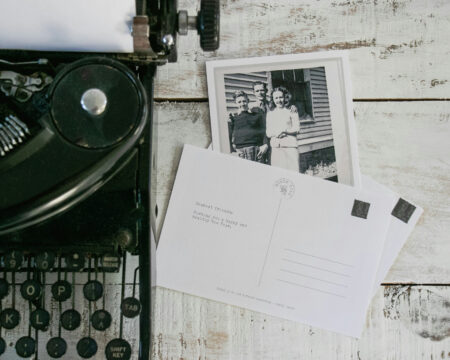
How do we navigate memory? How do we map that terra incognita of the past – our own and those who have been or are part of our lives? How do we know ourselves – these questions have been asked by memoirists since St Augustine and Montaigne right the way through to the writers of the present, whose vivid and vital records of their own lives help us, their readers, understand what it is to be a person, what it is to live, lose and love.
Where to begin, you might ask, as memory is mercurial. It can be partisan, it can be unreliable and yet it is the material with which we work. We know – or we think we know – what we remember, but those memories are often surrounded by a dark sea of forgetting – all the things we don’t remember, or that we think we don’t remember.
So lets start with there, with a list. With two lists. (Lists are always a wonderful place to get oneself started – a first plunge into the bracing ocean of one’s life.)
Prompt One: Remembering
Write a list, an annotated list, of all the places you have ever lived in.
If you like, start with the one where you lived as a baby in the womb – your mother’s house – and then go on right through to the present. Give the address, the place, anything that comes to mind, but make that long list up to where you are now. Free-write (a method of letting your pen do the writing without your mind over-thinking) whatever details come to mind.
Prompt Two: Forgetting
Write a list of all the things you don’t remember.
Start each new sentence on its own line. Start each sentence with the phrase:
I don’t remember . . .
I don’t remember . . .
It can be anything. My own list, which I made before starting my memoir, had things like this in it:
I don’t remember . . . who sat in the desk next to me in my first year at school
I don’t remember . . . what I was wearing when my sister died
I don’t remember . . . who the first person was that I kissed
I don’t remember . . . what the weather was like when my first daughter was born in December – I’m presuming it was freezing cold as it was London.
But what I remember, which cannot be true, is that the sun was shining (even though I went to hospital at night) and that I was so unbearably hot. Could this have been because the mini-cab driver was playing a reggae song by Lee Scratch Perry, whose music I love, about a rooster crowing in Jamaica? This is true – my ex-husband confirms this – so did I feel the song’s weather rather than the arctic blast that froze London on the 20th of December 1989?
'What you do not remember, or what you remember uncertainly is, for memoir, as important as what you do remember.'
Do an enormous list of what you don’t remember and, if you are anything like me, what you DO remember, things you will be amazed at remembering, will tumble out of your pen or keyboard as you go. (These are both exercises I would advise you to do in a notebook in wherever your secret and uninterrupted writing place is.)
Make your list as long as you like, make it an incantation. What you do not remember, or what you remember uncertainly is, for memoir, as important as what you do remember. The relationship between ‘the facts’ and ‘the truth’ that one develops in a memoir is complex and multi-layered – so start there! Try this writing exercise, which is a kind of archeology, of writing into the dark and seeing what you find – and what you don’t find.

Margie Orford is an internationally acclaimed writer.
Her most recent novel, The Eye of the Beholder, was published in 2022 and her next novel, Common Purpose, will be out in 2025. Margie’s memoir Love and Fury was published by Jonathan Ball Publishers 2024.
She teaches on Faber Academy’s Writing Memoir course.
End
